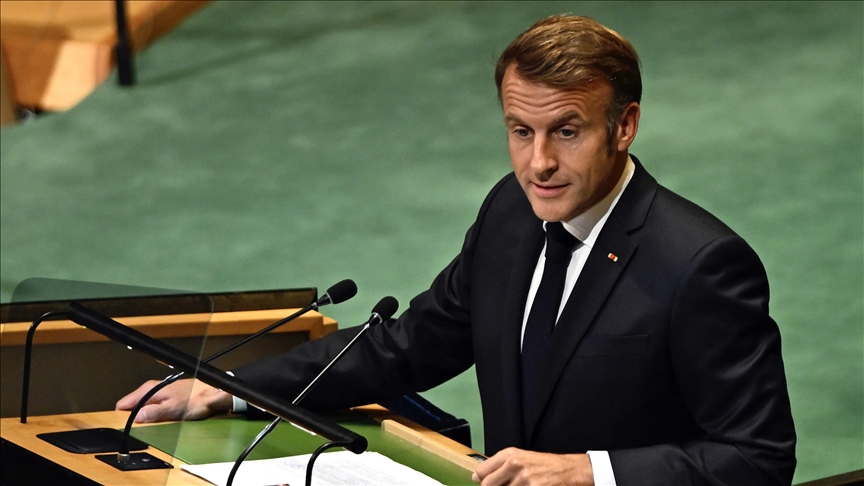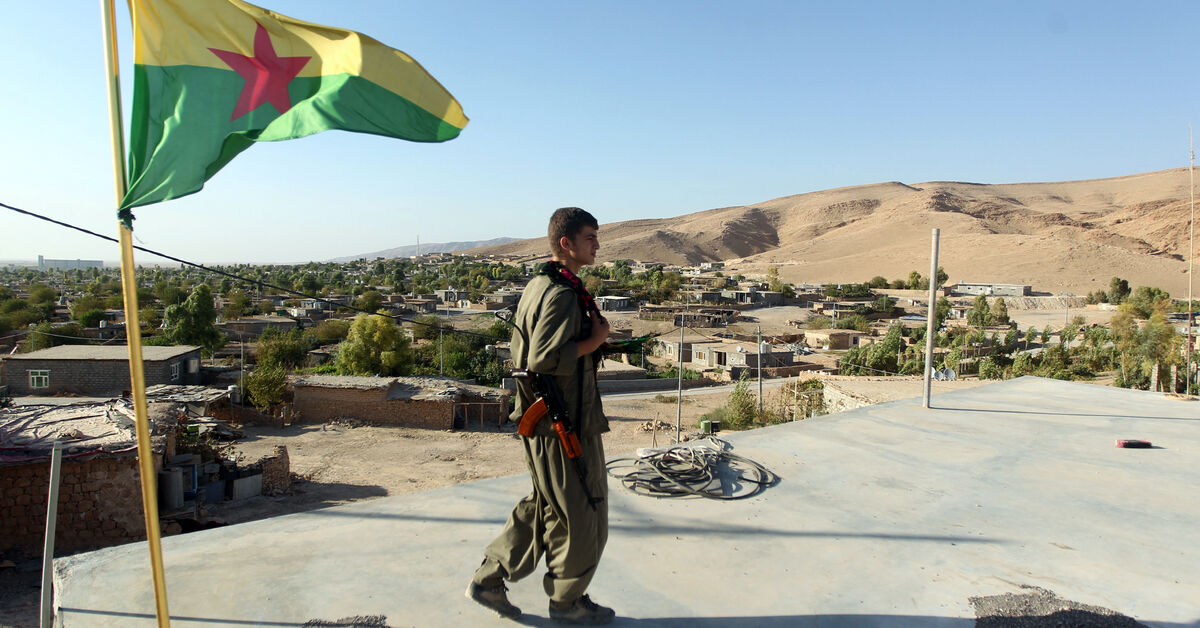A ship heading for the East?
As the moment of truth looms for Turkey’s four-decade march towards Europe, an early optimism for a date to start formal accession talks seems to be fading, with the final position of EU members traditionally hostile to Turkish membership still remaining a big question mark.
Apparently, there are two competing ideas in Brussels: a date with several strings attached to it and eventual membership in no less than 12 years; or another delay. With or without a date, the eventual decision will be more political and less technical.
Turkey is probably one of the most culturally and economically heterogeneous countries in the world. Its divisions are not only deep, but also various.
In Ankara, for example, a mere three-minute drive will take one from the city’s posh streets filled with fancy cars and a rich, urban elite queuing up in front of bars and restaurants to an entirely different world where residents in shanty homes queue up at dawn to buy loaves of bread from the municipality-sponsored shops, only to pay 10 cents less for each loaf.
The Europeans are naturally confused. When the question is "is there a place for Turkey in the EU?" the automatic answer is another question: which Turkey, for there are many? Really, which Turkey is in question, the one where the average family size is four, or the one where it’s 14? Or is it the one the urban elite think is the entire country, or the one where people literally starve? Which Turkey is seeking a place in Europe, the one where the cafe society discuss politics over wine, or the one where men with pistols are ready to shoot for the most trivial things?
Prime Minister Recep Tayyip Erdogan keeps up the good spirits. He thinks the accession talks will take off early in 2005. But he keeps reservations too. Each time he talks about the "Ankara criteria," a code for his intentions to continue with the reforms even if Turkey must break up with the EU, there may be something wrong behind closed doors.
Also, each time Erdogan tends to turn to his cliche rhetoric that "rejection of Turkey would provoke a backlash in the wider Muslim world and increase the risk of a clash of civilizations," or that "if the EU does not want to be viewed as a union of geography or as a Christian club they have to give us a date," there must be a problem somewhere.
Erdogan must choose a better rhetoric, for his most-preferred one would hardly appeal to the European thinking. Instead, veiled threats like "if rejected, my people’s attitude toward the West will change. The wider Muslim world also will say the West is not ready to integrate with people who do not share the same faith with them," will only strengthen the Turkey-skeptics in the EU. Someone must tell Erdogan that his obsession with Samuel Huntington’s famous book may be counter-productive.
Erdogan’s entourage, too, must choose better rhetoric. One will often see a bigwig in Erdogan’s party arguing that "it’s the EU that needs Turkey, not vice-versa," he does not only reflect a hidden fear, but also becomes the joke of the day.
And, by the way, why all the Turkish anger over an EU short-cut for Croatia? The Turks should be able to leave aside their usual over-sentimentality over non-sentimental matters and understand that the Adriatic state is perfectly European.
Turkey, on the other hand, is only partly European in culture and, inevitably, politics. It must not only reform its legislation and political system, but also its culture. And it must do so not only to have a place in Europe, but also to make a more decent living for its own citizens.



